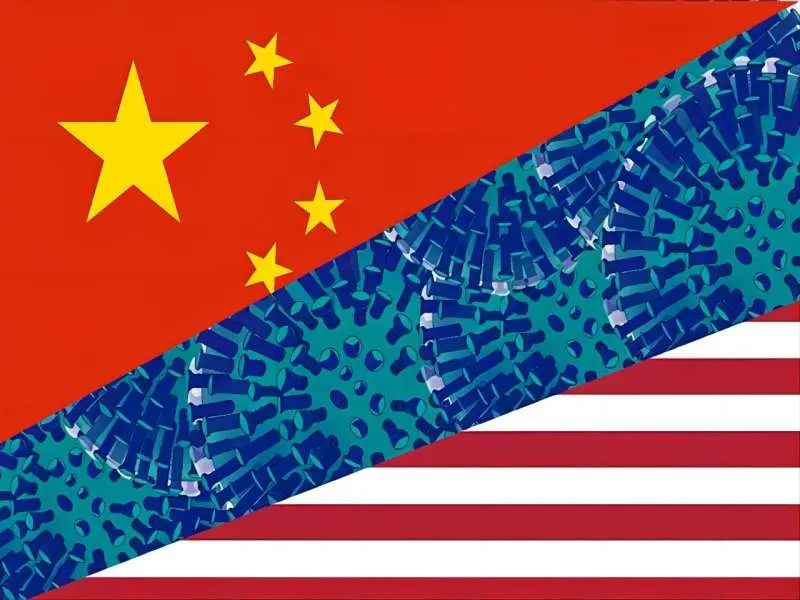- American leadership is prepared to face significant collateral damage in efforts to limit China’s technological ambitions.
- These planned restrictions could hurt ASML and U.S. tech giants, while China might boost its R&D capabilities in response.
OUR TAKE
These planned restrictions could hurt ASML and major U.S. tech giants, while China may use the opportunity to enhance its R&D capabilities and reduce reliance on Western technology, making the effectiveness of the restrictions uncertain.
— Yasmine Luo, BTW reporter
What happened?
Regardless of the outcome of the US election in November, American leadership is prepared to take risks to counter China’s technological dominance.
According to Bloomberg, the Biden administration is preparing to implement the most severe trade restrictions, particularly targeting the Dutch company ASML and the Japanese company Tokyo Electron.
ASML is one of the few suppliers worldwide capable of making lithography machines needed to mass-produce chips vital to sectors like AI. Tokyo Electron ranks 12th among semiconductor-related companies globally. Both provide equipment for China’s chip industry. Although ASML does not sell high-end lithography machines to China, a significant portion of its other products are sold to Chinese companies. Nearly half of its second-quarter revenue, about €2.3 billion ($2.5 billion), came from China, meaning these measures could severely impact ASML.
Meanwhile, prominent presidential candidate Trump recently declared that Taiwan should pay for its own defences against the threat of an invading China, stating, “It doesn’t give us anything.” Consequently, the stock price of Taiwan’s domestic chip manufacturer, TSMC, plummeted.
Also read: Intel Forges Ahead with New Chip Innovation Center in Shenzhen Amid Escalating US-China Tech Battle
Also read: Why are Huawei phones banned in the US?
Why it’s important
ASML had stopped supplying high-grade lithography equipment to China, and upcoming restrictions will further reduce its Chinese customer base. The Biden administration’s measures against China may impact ASML more significantly than China itself. TSMC, Taiwan’s chip manufacturer and key supplier to American tech giants, could also be affected if the U.S. deepens its involvement in the Taiwan question, potentially harming American enterprises.
In response to increased restrictions, China is seeking alternative suppliers, though few remain unaffected by U.S. policies. This has driven China to focus on technological upgrades and strive for self-sufficiency. “The Chinese people also have the right to legitimate development, and no force can stop the pace of China’s scientific and technological development and progress,” Xi Jinping, President of China, stated.
Similar to Huawei‘s successful launch of the Mate 60 Pro with its self-developed Kirin chip, marking a new breakthrough for Chinese semiconductors, the planned restrictions may further accelerate China’s independent R&D, leading to new technological advancements.

